23+ Sample Law School Letters of Recommendation
-
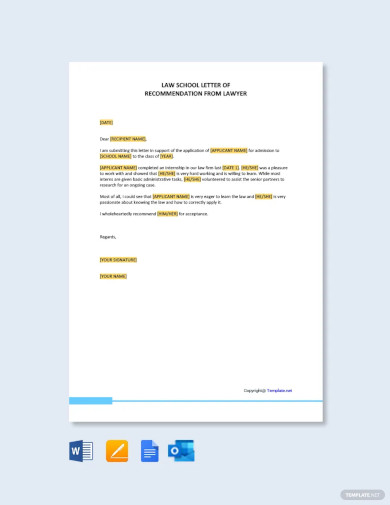
Free Law School Letter Of Recommendation From Lawyer Template
download now -
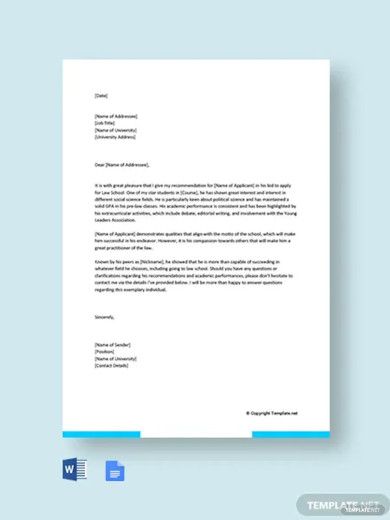
Law School Recommendation Letter Template
download now -
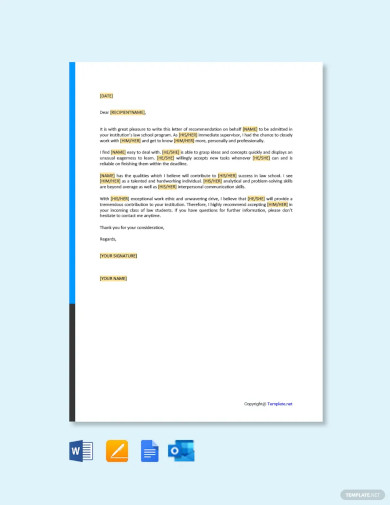
Law School Recommendation Letter From Employer Template
download now -
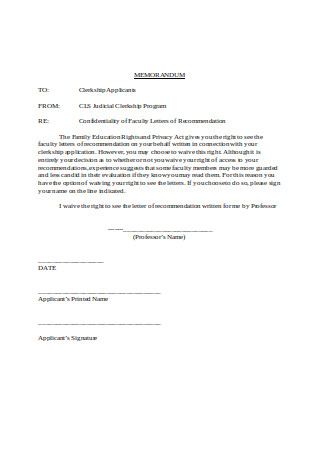
Letters of Recommendation from Law School
-
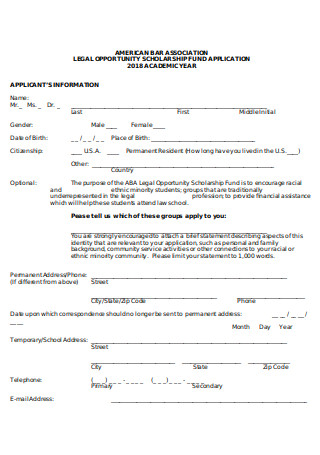
Law School Application Recommendation Letter
-
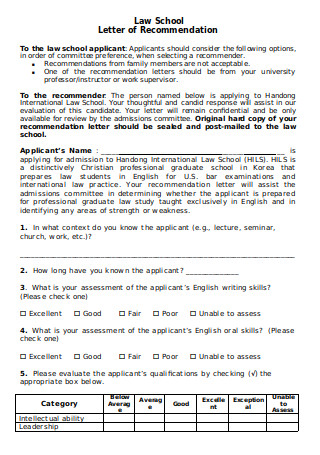
Law School Letter of Recommendation
-
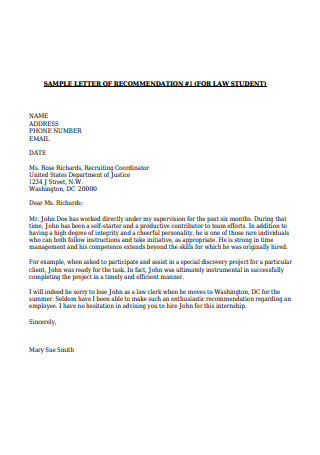
Letters of Recommendation for Law Student
-
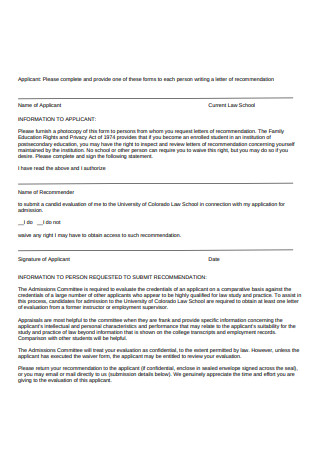
Recommendation Cover Letter
-
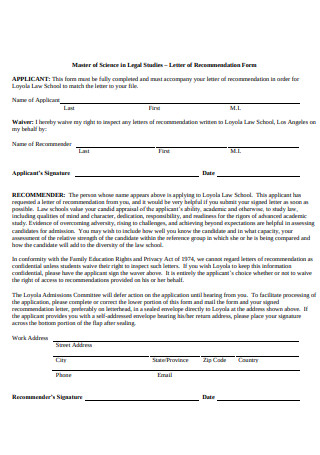
Letter of Recommendation Form
-
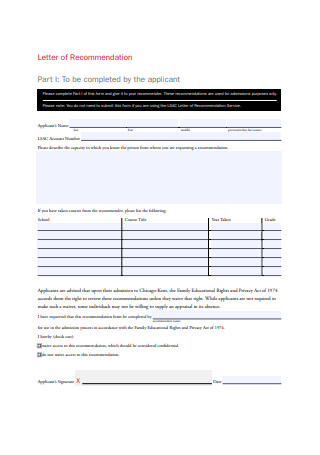
Applicant Letter of Recommendation
-
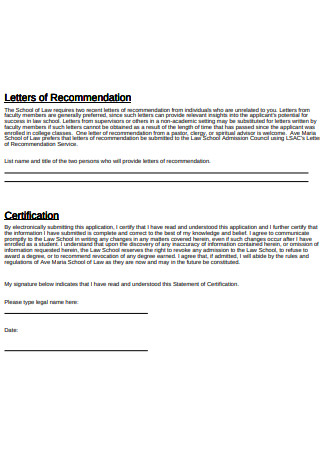
Sample Application Letter of Recommendation
-
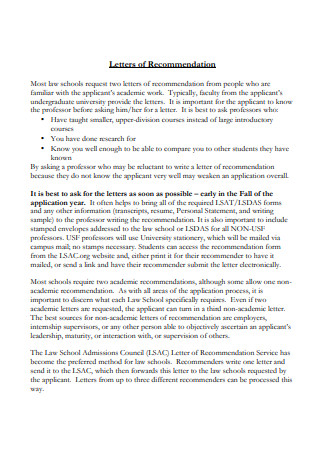
Basic Letters of Recommendation Sample
-
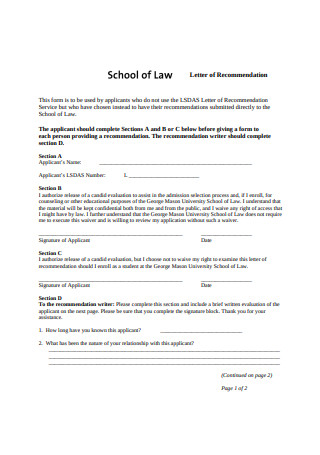
Law School Recommendation Letter Format
-
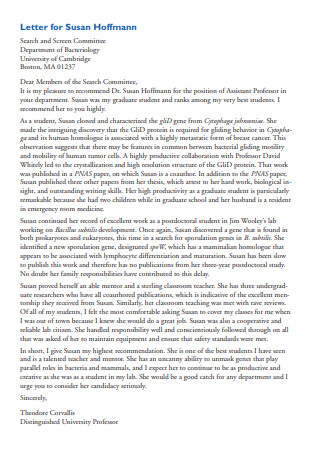
Recommendation Letter Format
-
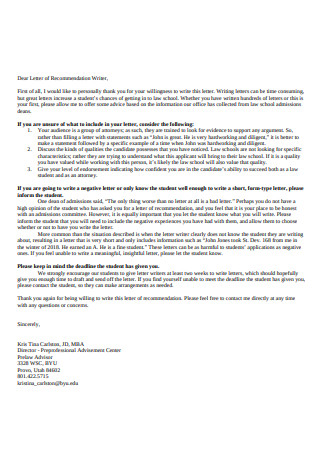
Law School Recommendation Letter Sample
-
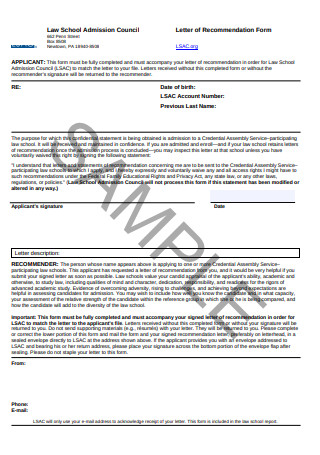
Letter of Recommendation Form Sample
-
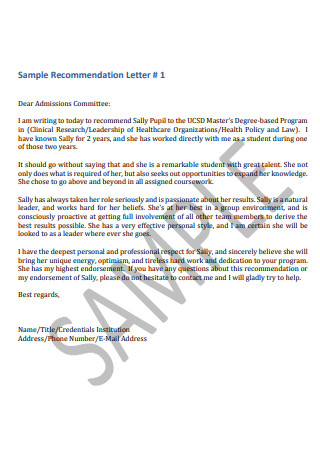
Letter of Recommendation for Law School
-

Law School Recommendation Letter Sample
-
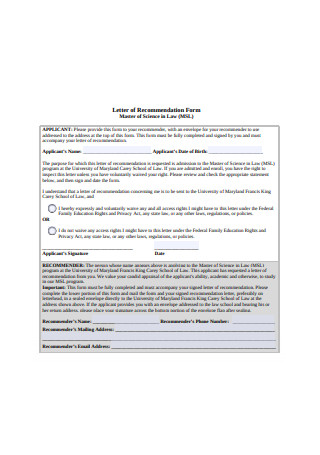
Law School Letter of Recommendation Form
-
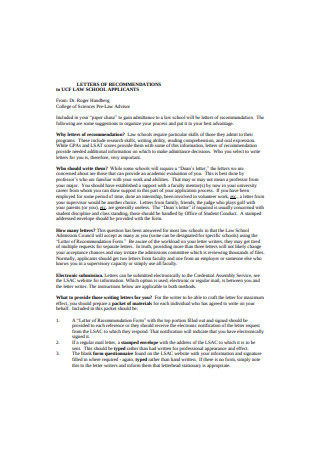
Law School Letter of Recommendation Format
-
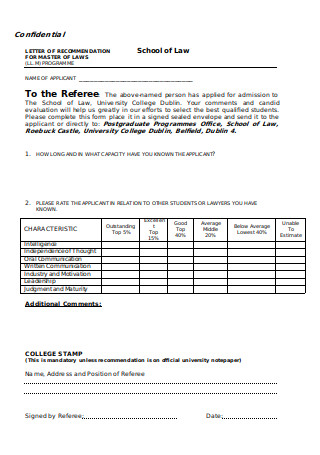
Letter of Recommendation for Master of Laws
-
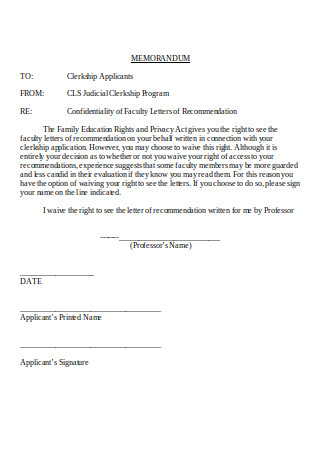
Faculty Letters of Recommendation
-
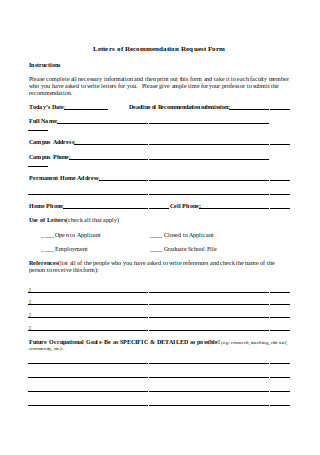
Letters of Recommendation Request Form
-
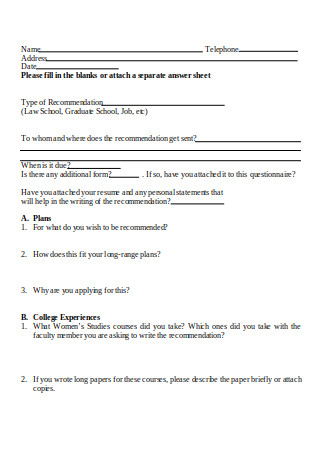
Sheet for Letter of Recommendation
According to Harvard Law School, 50% of the 2022 class are women, 45% are students of color, and 9% hold advanced degrees. Around 78% are at least 1 year out of college, 61% are at least 2+ years out of college, and 23% are at least 4+ years out of college. Meanwhile, 185 undergraduate schools are represented, along with 44 states represented (plus American Samoa, Guam, and Washington, D.C.), and lastly, 14% are international students.
According to UCLA, the total applicants to law school in the year of 2015 were 171 with an admission rating of 91%.
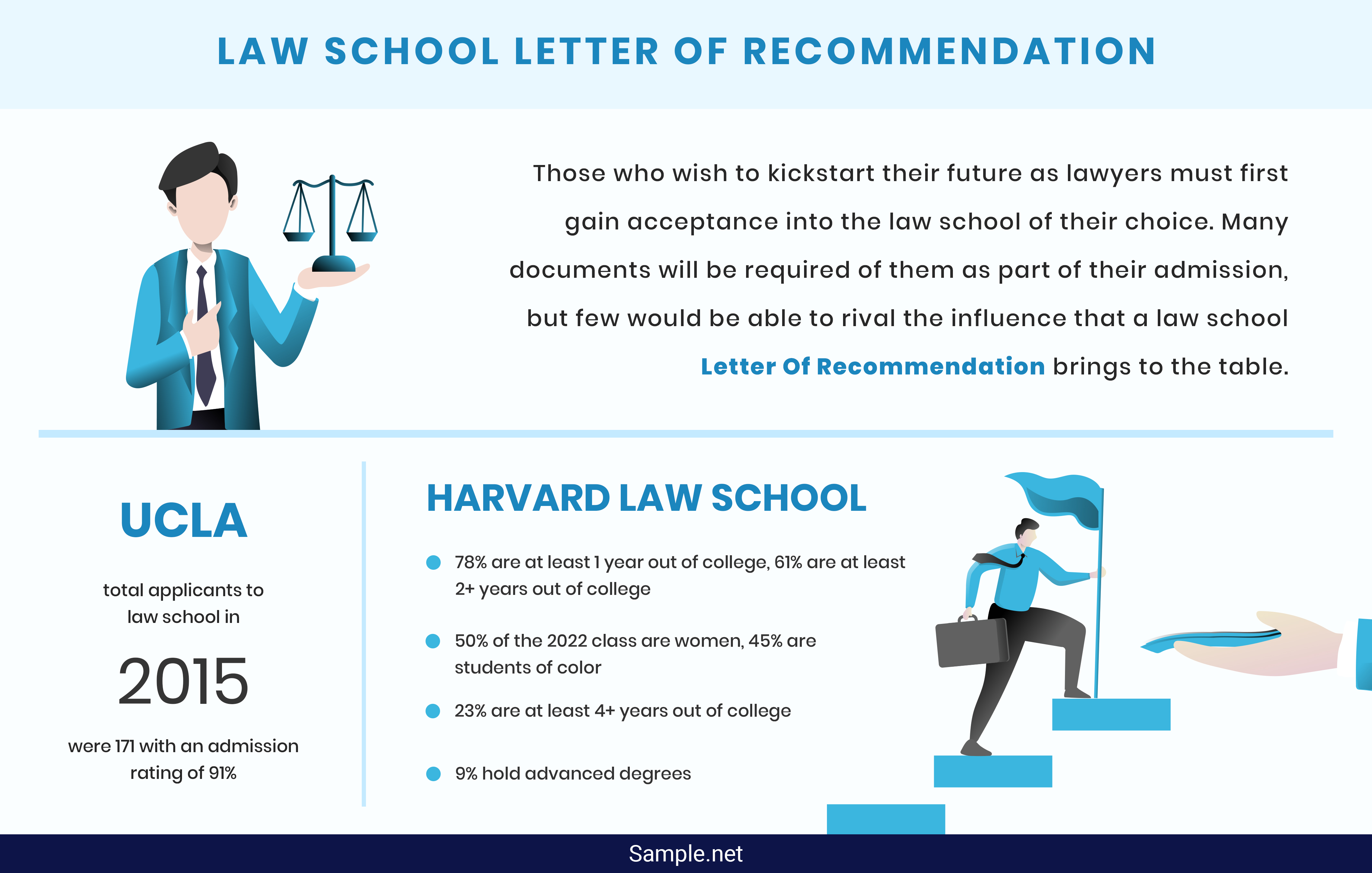
What Is a Law School Letter of Recommendation?
A law school letter of recommendation is a document where a person of authority speaks on behalf of an applicant regarding the latter’s intellectual curiosity, dedication, writing skills, research skills, integrity, and many more. This is to be submitted to a school’s admissions committee, who will review the letter along with any other requirements that the applicant will need to pass on. The specifics of the recommendation letter’s contents will vary from person to person, depending on how the letter-writer seeks to praise the applicant along with any personal information that both are willing to divulge.
The Types of Letter of Recommendation
When it comes to the overall topic of recommendation letters, there is no denying that more than one variant exists for people to use. Three, in particular, are listed down and detailed below according to their purpose and who normally avails of them.
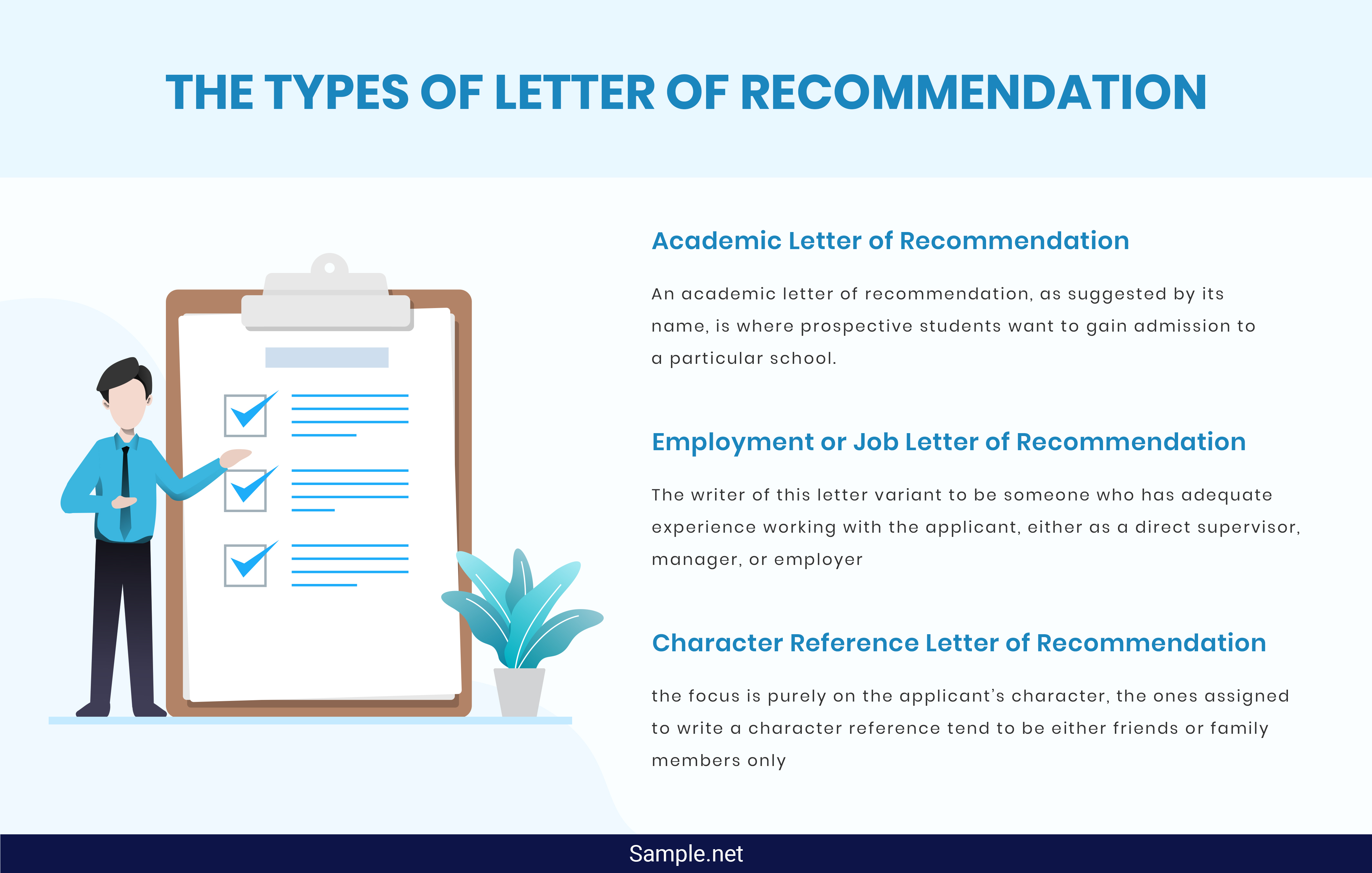
How to Write a Law School Letter of Recommendation
To write a law school letter of recommendation on behalf of a former student or protege is a great honor but it comes with even greater responsibility. If you have never attempted anything of the sort then it is imperative that you follow the general instructions detailed below. Each step will take you closer to completion in a way that is guaranteed to be easy and quick.
Step 1: Begin With a Proper Salutation
To start the letter of recommendation, greet the recipient with a salutation. Be specific with the name as much as possible, but if you are not aware or cannot be sure of who will be receiving the letter, you can simply write ‘To whom it may concern.’ In starting things off politely and properly, you set the right tone for the rest of the recommendation letter, which is especially important for important documents such as this one.
Step 2: Proceed to Introduce Yourself and The Applicant
Moving on to the next paragraph, the objective is to introduce not just the student you are writing for and about, but also yourself. Take this time to flesh out the relationship between the two of you; whether you are a former professor to the applicant, an academic mentor, or otherwise. This will serve as your claim to the authority of being able to talk at length about the applicant’s suitability for admission into law school.
Step 3: Describe the Applicant’s Suitability For Law School
For the third step, you need to accomplish the significant goal of presenting the applicant as someone who has the necessary qualifications and character needed for the rigors of law school. For best results, it is advisable that you do not just write about the applicant’s many traits, but to use them in the form of narrative examples. Should the applicant be a resourceful student, then cite an example where you personally witnessed this trait in the applicant. Do take your time and craft the best story possible, since many admissions committees are known to prioritize character over academic achievement.
Step 4: Include any Relevant Academic Accomplishments
After you have spoken at length about the applicant’s personal attributes, the time has come for you to back things up by talking about any academic accomplishments he or she may have. Remember that this is purely supplementary, so you do not have to be as broad or as detailed about it compared to the previous section.
Step 5: Summarize the Letter and Give Your Direct Recommendation
Having said all that you can regarding the applicant’s character and achievements, this is the step where you can proceed to summarize what has been written thus far. In addition to the summary, this is also where you give the applicant a glowing recommendation. This will be your official vote of confidence, or stamp of approval if you will. With this officially provided, your former student or protege is now one step closer to gaining admission to law school.
Step 6: Concluding With a Final Statement
As part of the penultimate step, be sure to provide your contact details. It may just be your personal phone number or email address. The reason for doing so is to provide the admissions committee of the school the applicant is applying to with a means of contacting you. It is more than likely that they will conduct their own background check on the applicant and by giving them another way to talk to you, you can help speed up their process. Any follow-up questions will be directed to you through your contact details. Once that’s done, write your final statement to wrap your letter of recommendation up.
Step 7: Decide on The Manner of Sending the Letter
Technically, this is a post-letter writing step but one that will play an important role nonetheless considering that different schools have different guidelines. Others may prefer that you send the letter of recommendation via email. Others may want it the old fashioned way and will want you to provide a physical copy. Should that be the case, print out the letter and affix your signature on it.
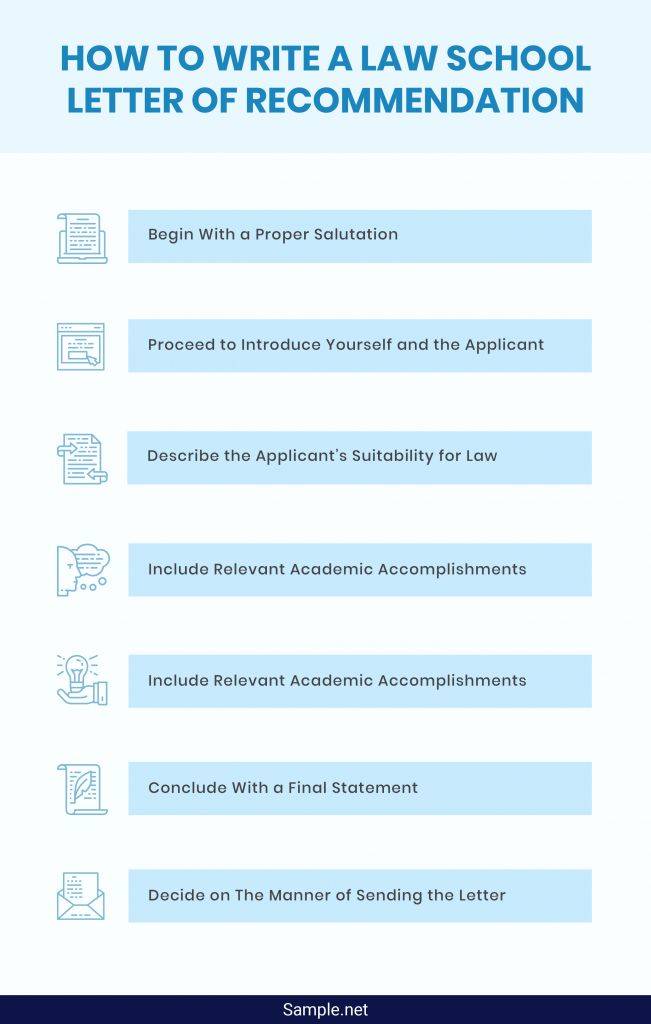
The Dos and Don’ts of a Law School Letter of Recommendation
For all of those letter-writers who may be interested in improving their technique, there are a few tips you can follow for that very purpose. Take a look at the following dos and don’ts and see just how each one is capable of ensuring the quality of your law student letter of recommendation.
Dos
1. Do stick to the appropriate format.
For most, if not all letters of recommendation, the format that will prove most appropriate would be the business letter format. After all, this is a formal document that should be treated with the utmost respect. Another thing to take note of would be what the guidelines are. The applicant you are writing for will no doubt have a specific school in mind, so with that said, you need to check the guidelines if there is anything required or recommended. This will include the overall format of the letter.
2. Do emphasize the student’s most impressive character traits.
What makes a student suited towards the calling of a law career? That is a question that you need to keep in mind when talking up the attributes of the applicant. If there is not only a passion for law, but also for learning and the work ethic to get the job done, then, by all means, include it in the letter. Write it in a way that tells a story instead of just stating it. That way you can demonstrate just how these impressive character traits can serve the student well should he or she gain admission into law school.
3. Do write as positively as possible.
As somebody in a position to speak accurately of how deserving an applicant is, it is worth noting that a positive tone for the letter is still going to go a long way. Even if you are perfectly aware of the many weaknesses of the prospective law student, you either need to refrain from mentioning it or if you do decide to include it in the letter’s content, find a way to make work for you rather than against you. As an example, when talking about how the applicant has the tendency to occasionally miss classes, assure the recipient of the letter that this will not get in the way of the applicant getting high marks in class.
4. Do follow the submission guidelines whenever possible.
Take note that various schools are bound to have their own standards and guidelines when it comes to the application process. Always keep those guidelines in mind when you are writing the letter of recommendation. Admission is given not just to prospective law students who have the most impressive accomplishments, intellectual prowess, or inspiring character, but also to those who can prove that they have what it takes to follow simple instructions. Talk to the applicant about the guidelines and see to it that they are followed closely. If the letter is to be sent only via email, for example, then do that and nothing more.
Don’ts
1. Do not accept pre-written letters from applicants.
There will be applicants who may decide that their words matter over yours and hand out a pre-written letter to sign. Beware of those applicants and politely turn them down. A recommendation letter is meant to be somebody else’s seal of approval, preferably one with the experience and authority to objectively judge the applicant’s overall qualification. If you accept a pre-written letter or a word for word dictation then the purpose is already defeated, not to mention you will be compromising both of your integrities. Should the admissions committee find out, it may not bode well for the applicant and will affect your legitimacy as a reference going forward.
2. Do not omit important attributes or characteristics.
A prospective law student needs to have multiple good characteristics in order to win over any given school’s admissions committee. Your responsibility as the letter-writer is to make sure that none of those characteristics are omitted. Failure to give attention to even one would be a disservice to the applicant and may affect his or her standing with the school. It is for that reason that it is best to have pre-writing discussions between you and the applicant. Talk at length about the honest skills, qualifications, and attributes to emphasize. Gather as much information as you possibly can because you never know just how much difference a particular detail can make in the application process.
3. Do not write irrelevant content.
This tip can be looked at in more than one perspective. First would be how the letter’s contents affect the length of the letter itself. Second is whether or not the contents are all relevant to the aims of the letter. For example, when introducing yourself and the applicant, there is a need to include your names and how the two of you know each other, but the inclusion of explicit details like birthdays, political leanings, religion, and others are simply irrelevant. Having too much content might make your letter unnecessary long, which can be a chore to read especially for those who deal with multiple recommendation letters daily. By removing everything irrelevant, you drastically improve the quality of the letter and make it easier for the recipient to read.
4. Do not be afraid of including mild and warranted criticism.
An applicant will have his or her own share of strengths and weaknesses. Although it is the aim of a recommendation letter to accentuate the former, there is no need to completely shy away from the latter. There are cases when including criticism can even help improve the odds of success, with the reason for this being how it paints a complete and realistic image of the applicant. All you need to remember as a letter-writer is to make sure you include only minimal criticism and to frame it in a way that still makes the applicant seem like a wonderful choice for admission.
5. Do not neglect the act of proofreading.
For the last tip, all that is recommended is that you take enough time to reread what you have written and check for any mistakes before considering the endeavor finished. For greater effectiveness, it is best to take a break after finishing a draft in order to refresh your perspective. Come back to it after some time and be as detail-oriented as possible. Check not just for any typos, but also for potential misinformation and inaccuracies. Even those who do not find any mistakes may find inspiration to improve upon the letter in other ways after proofreading.
With all of that said, there should be no doubt in anybody’s mind that a law school letter of recommendation is one document that no one can afford to take for granted. Its nuances enable the people it is written about to go on to greater professional heights and letter-writers would do well to keep all the steps and tips in mind. For those who are unwilling to start from scratch, there are online resources available, such as the law school recommendation letter templates. Each one is guaranteed to be easy to edit, not to mention printable for anybody’s convenience.
